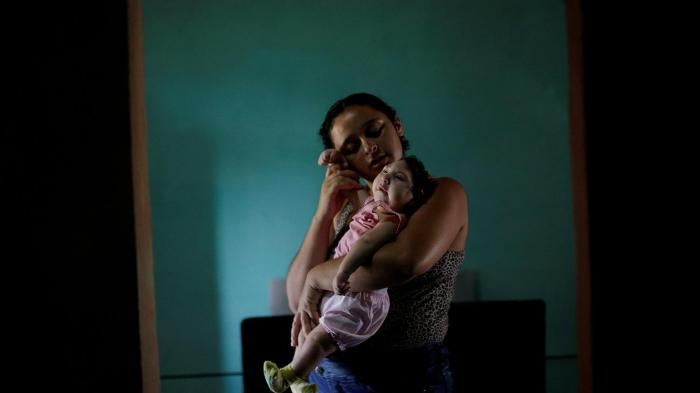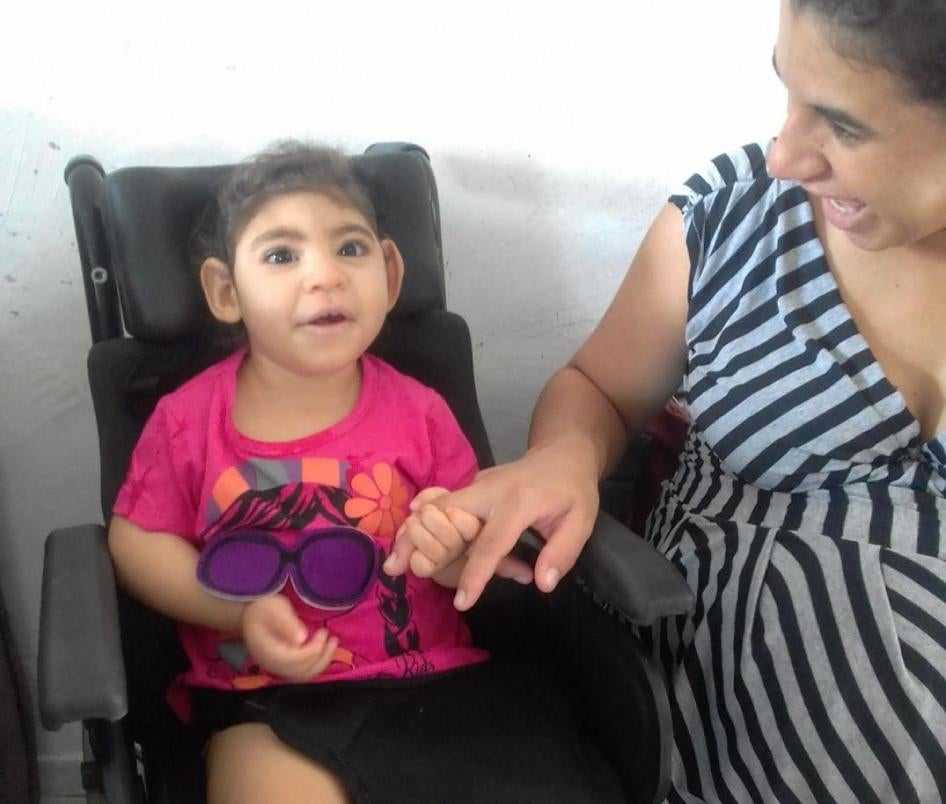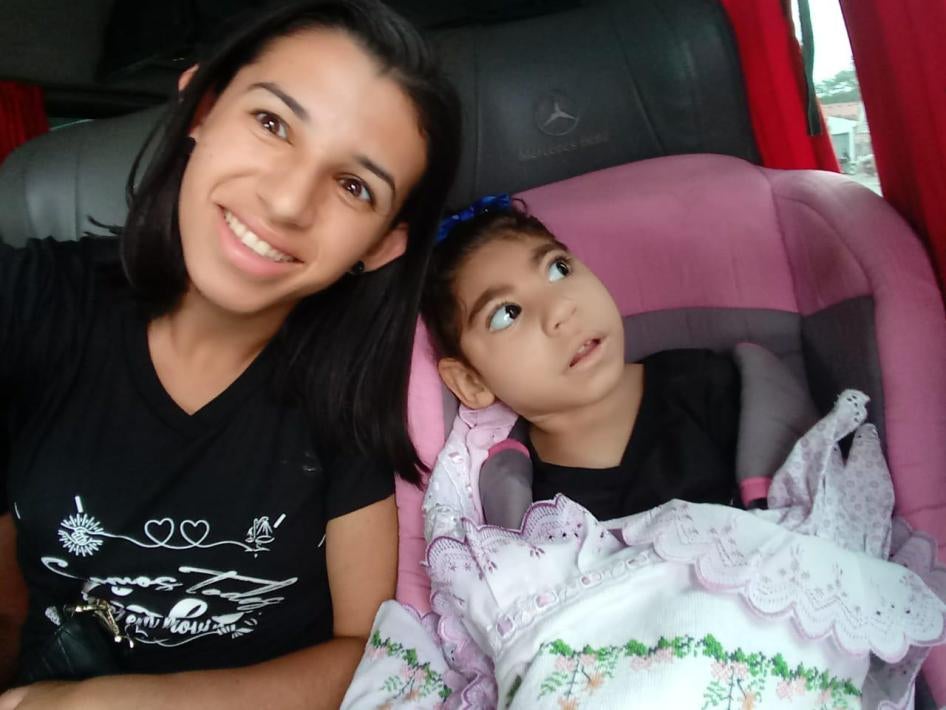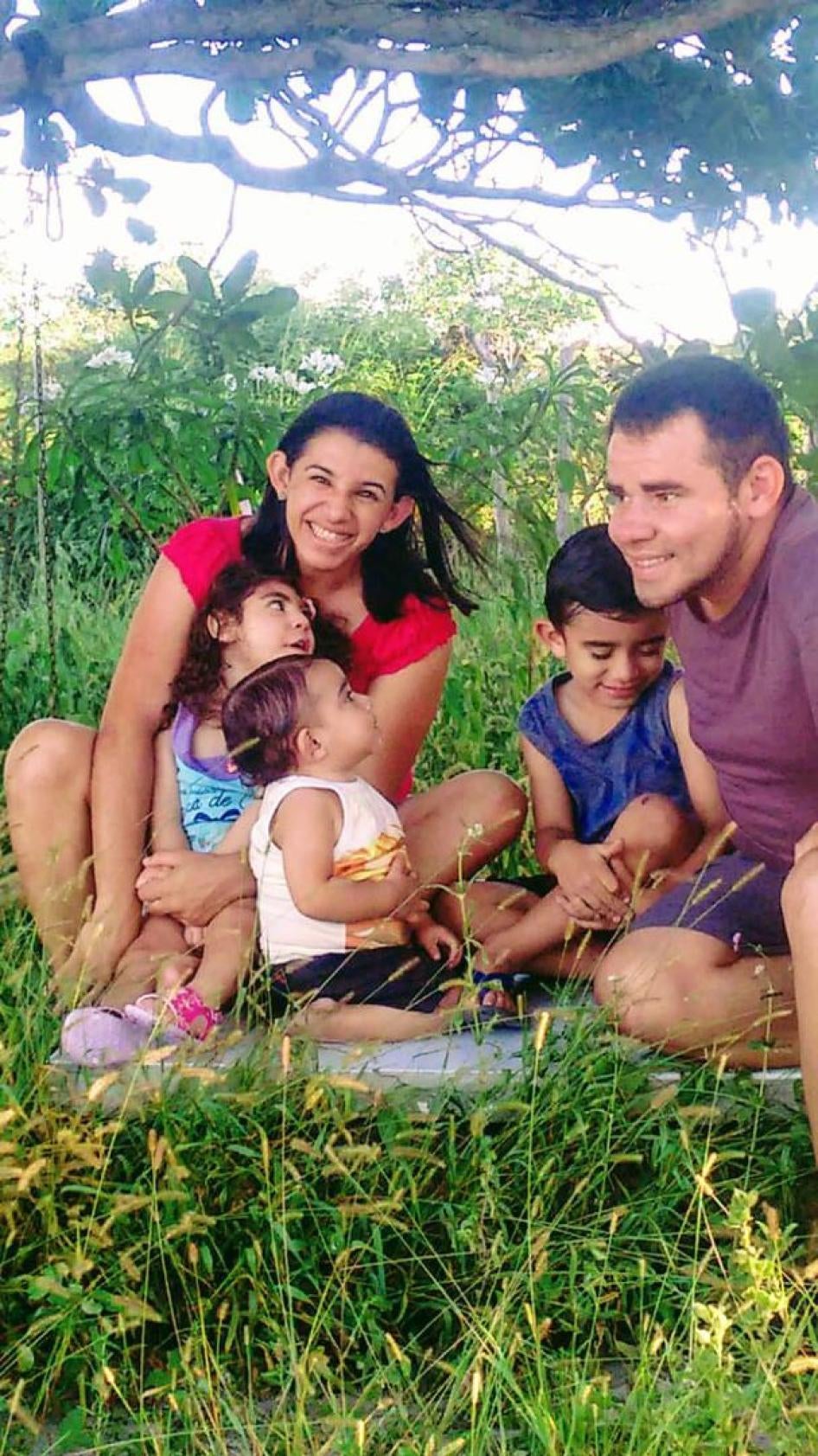Zika: Brazil's Forgotten Families
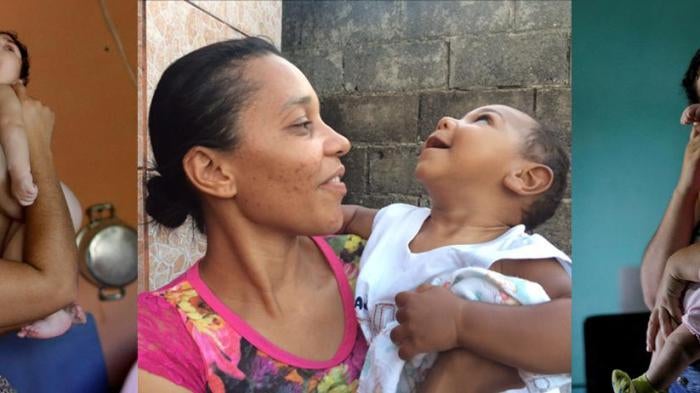
When the Zika virus hit Brazil in 2015, the world learned about it through international headlines and widespread panic. Thousands of infants in northeastern Brazil were born with disabilities linked to the virus. Now, nearly four years later, the families raising children affected by the virus feel all but forgotten. Inadequate support from the government means parents of children with Zika syndrome, many of whom will turn three this year, are struggling to make ends meet while trying to give their children access to the best possible care. In May, Brazil’s Supreme Court will hear a case that could expand families’ access to state benefits, among other things. Here are some of those families’ stories about life, work, their children’s milestones and challenges, and how they have been coping.
Brazil’s Forgotten Families Deserve More
Brazil Court Delay Leaves Zika Families in Limbo
Families raising children with Zika syndrome face yet another delay in their struggle to secure the help they need after Brazil’s supreme court withdrew a significant case from its agenda.
The case, which was filed in 2016, could expand access to public benefits for families raising children with disabilities linked to the 2015-2016 outbreak of the mosquito-borne Zika virus in northeastern Brazil.
The court was scheduled to decide the case on May 22, but late last week, advocates learned the court removed the case from its agenda without setting a new date to issue its ruling.
As children with Zika syndrome grow older – many of them turning 3 or even 4 this year – their needs evolve to include nutritional supplements, surgeries, expensive medicines, early stimulation to increase learning development, wheelchairs, and braces, among other things.
Update: Supreme Court Withdraws Zika Case
THREAD: BREAKING #Brazil’s Supreme Court (@STF_oficial) has withdrawn from its agenda a crucial case that could help families affected by the #Zika outbreak get access to support. This is a huge disappointment and means the wait for help continues for families we’ve interviewed. pic.twitter.com/v1O0qO0hOS
— Margaret Wurth (@MargaretWurth) May 10, 2019
Zika Moms Fight for Help from Brazilian Government
In 2017, Human Rights Watch spoke to the mothers of children born with Zika syndrome, here is what they said then. Unfortunately, many things still have not changed, and now we a speaking to these mothers again about what they need, and the help they would like to receive from their government.
Brazil's Zika Babies Are Growing Up
Three-year-old Gaby has long curly hair, two brothers, and a wheelchair that helps her get around her home in Brazil.
I first met Carol, Gaby’s mother, when her daughter was about 8 months old. My colleagues and I were researching the impacts of the Zika outbreak in Brazil. Gaby was the first baby born with Zika-related disabilities in her small town in Paraíba state.
Carol held Gaby in her arms as she recounted the story of her pregnancy and Gaby’s first months of life.
When Carol came down with a fever, headache, and rash in mid-2015, she didn’t know she was pregnant. She had been taking birth control pills since her 1-year-old son was born. Carol had heard about Zika – a mosquito-borne virus that was spreading in northeastern Brazil – but the effects on fetal development were unknown.
Gaby was born, in January 2016, with microcephaly – a condition in which a baby’s head is smaller than expected and the brain is not fully developed.
“When the Zika epidemic first happened there was an explosion in the media,” Carol said. “Now, these children have been forgotten.”
Brazil’s Forgotten Families
It’s been three and a half years since authorities in northeastern Brazil first linked an unusual increase in infants born with microcephaly – when the head is smaller than expected and the brain is not fully developed – to an outbreak of the mosquito-borne Zika virus.
Thousands of children were born with microcephaly and other disabilities linked to the virus – now known as congenital Zika syndrome.
Many of these children will turn 4 this year and their needs are evolving and changing as they grow. The children and their parents need government support more than ever. But despite a flurry of headlines surrounding their births, many families affected by the Zika outbreak now feel all but forgotten.
That could change for the better on May 22 when, at long last, Brazil’s Supreme Court will issue its decision in a case seeking expanded access to public benefits for families raising children affected by the Zika outbreak.
In late 2016, as the first wave of children affected by the virus were turning 1, my colleagues and I interviewed 30 women and girls raising children with Zika syndrome in northeastern Brazil, the region hardest hit by the outbreak.
I remember meeting “Lídia,” who held her son “Danilo,” a 9-month-old boy with Zika syndrome, while we spoke at a public hospital in Campina Grande, Paraíba state. After giving birth to four daughters, she had dreamed of having a boy. “He’s my prince,” she said.
Danilo had vision problems and needed special glasses that cost more than 500 reais (US$126).
“When we got the glasses, he started laughing.”
Lídia used to clean houses for a living but had to stop when Danilo was born. The family desperately needed the money, but she couldn’t manage work and getting Danilo to therapies and medical appointments three to five times a week.
Human Rights Watch published a report in 2017 urging Brazilian authorities to support the families raising children with Zika syndrome, but today, the families we met are still fighting the same battles.
This month, Human Rights Watch will be catching up with families like Lídia’s and finding out how they – and their children – are managing and whether they got the help they needed.

